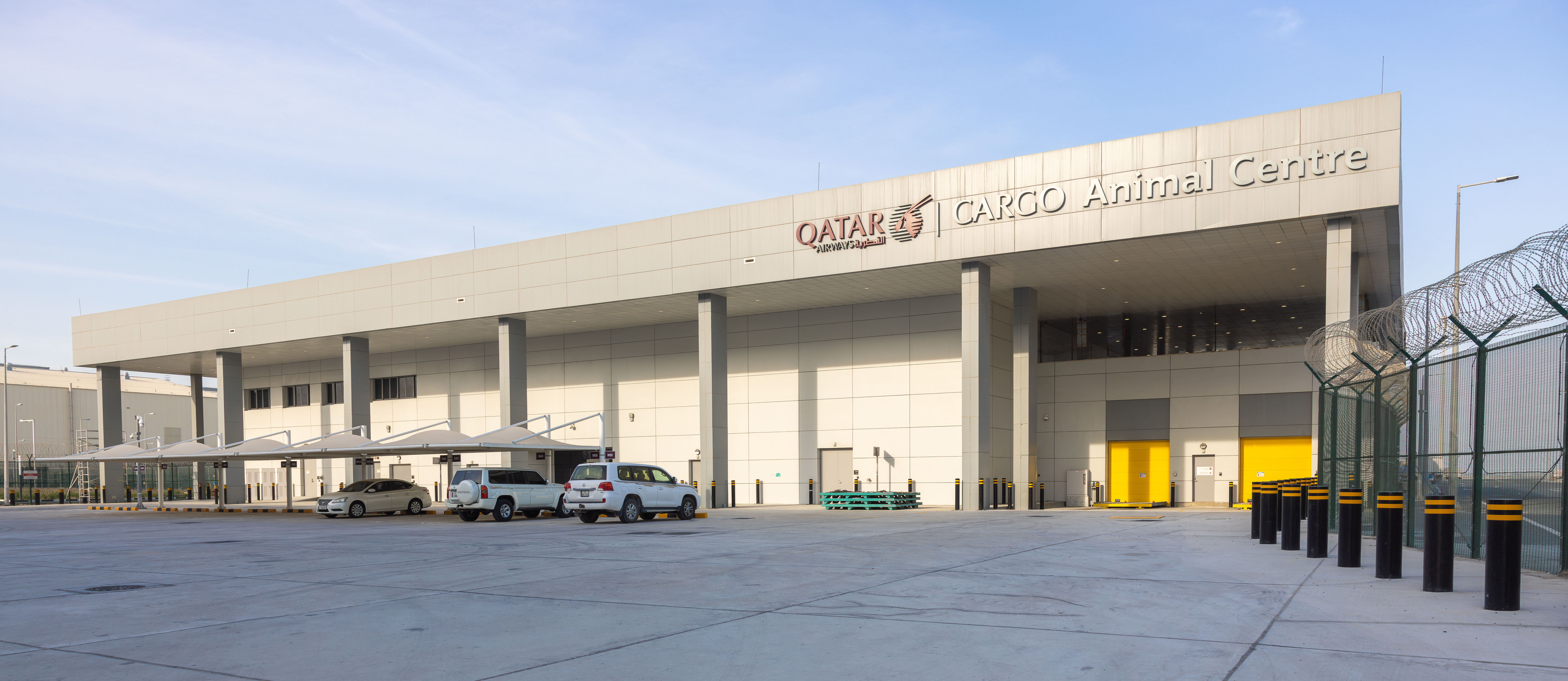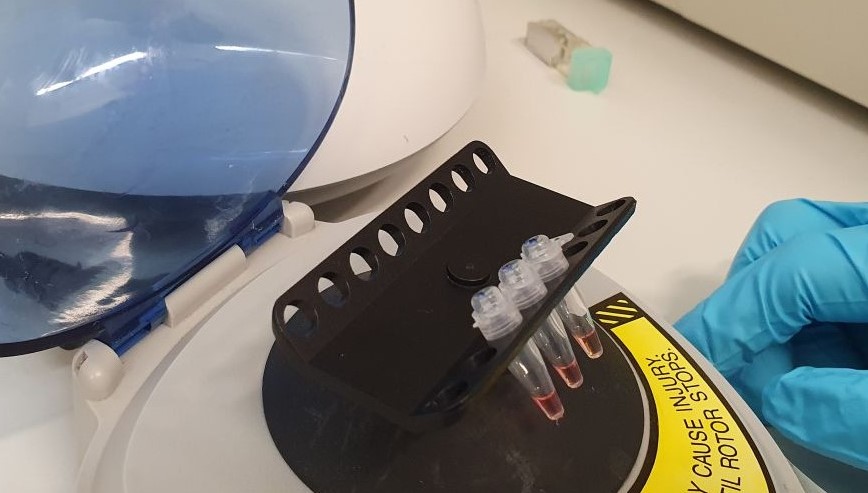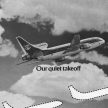Faster coronavirus tests that could be used in airports and can identify COVID-19 in about 30 minutes are on the way.
Scientists in the UK and China are working on one solution while another is under development in Thailand.
The solution being developed by Oxford University’s Engineering Science Department and the Oxford Suzhou Centre for Advanced Research (OSCAR) in China is sensitive enough to be detect the virus in the early stage of infection.
READ: Australians told not to travel overseas as Europe shuts door.
The 30-minute result time would be an improvement on existing test waits of up to two to six hours.
It has been validated with real clinical samples at Shenzhen Luohou People’s Hospital in China.
The hospital applied the rapid detection kits on 16 clinical samples, including 8 positives and 8 negatives.
The test results using the rapid detection kits were all successful.
“The beauty of this new test lies in the design of the viral detection that can specifically recognize SARS-CoV-2 (COVID-19) RNA and RNA fragments,” said research lead Prof Wei Huang.
“The test has built-in checks to prevent false positives or negatives and the results have been highly accurate.”
Researchers of Thailand’s Vidyasirimedhi Institute of Science and Technology (VISTEC) have also developed a kit that can deliver a result in 30 to 45 minutes and plan to launch clinical trials next month.
Supporters of the project include the Massachusetts Institute of Technology and Harvard University.
Estimates are that the Thai test kits will cost about 475 baht ($US14.56).
Medical systems are grappling with a shortage of test kits needed to identify the spread of the disease, which has now topped 214,000 cases worldwide with 8,732 deaths as of late Wednesday US time.
Italy remains a hotspot with 35,713 cases and 2978 deaths at the time of writing, followed by Iran, Spain and Germany.
Europe has closed its borders for 30 days and governments around the world are introducing increasingly drastic measures such as travel restrictions in an attempt to control the spread of the disease.
The growing economic impact is now seen as worse than the global financial crisis with airlines particularly badly affected, prompting the mass grounding of aircraft and dramatic international capacity cuts.
























